Resources
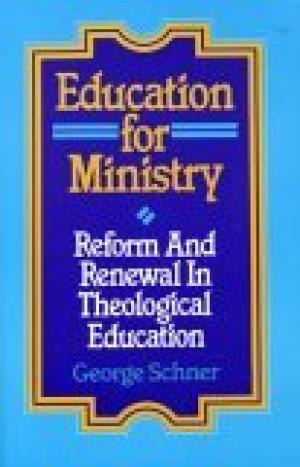
Questions about education for Christian ministry are currently the subject of lively debate in both Church and society. Major constructive proposals have been made from within several church traditions. Though Catholics have been a part of those ecumenical discussions, they are only beginning to contribute from their rich resources. This work is a dialogue with the questions and issues already raised in other traditions, with special attention to the contribution a Catholic perspective can offer. Education for Ministry asks questions about the whole range of ministerial activities that are coming to life in the Roman tradition in North America. It provides students with an opportunity to reflect on their preparation for a life of ministry. (From the Publisher)
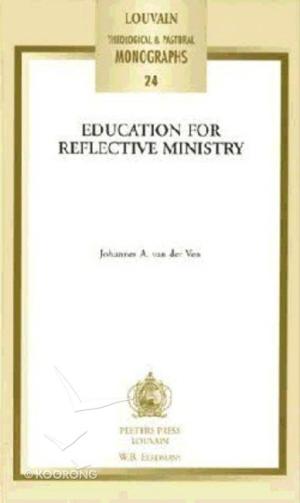
Written by one of today’s leading theorists in the field of pastoral theology, Volume 24 in the Louvain Theological & Pastoral Monographs series critically evaluates the diverse educational models available for ministry in today’s societal and ecclesial context in the West. Johannes van der Ven also proposes his own "reflective ministry" model designed to teach pastors to make self-reliant—yet foundationally sound—choices when working in their own unique ministry settings. (From the Publisher)
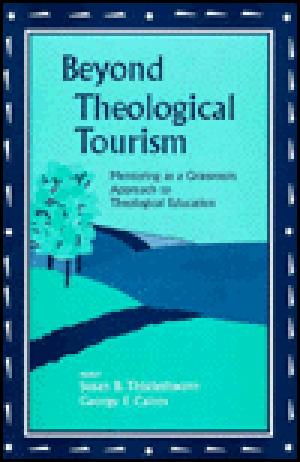
Since the early days of liberation theology, Northern Hemisphere theological education has used the phrase "solidarity with the oppressed" to denote the religiously and morally appropriate response to situations of violence and oppression. Yet efforts to inculcate solidarity of heart and mind often devolve into a kind of "theological tourism" wherein professors and students visit oppressed communities without truly participating as subjects in the subjectivity of the marginalized. Beyond Theological Tourism shows how one group of theological teacher-mentors and students attempt to overcome the limits of visits as "tourists of the revolution" to exotic locations. Starting from the challenge of Robert Evans of the Plowshares Institute, a group of Chicago-based Christians struggled with new modes of education for prospective ministers. (From the Publisher)
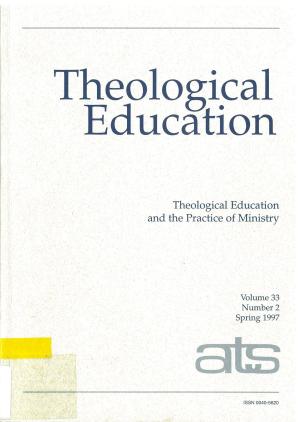
Journal Issue. Full text is available online.
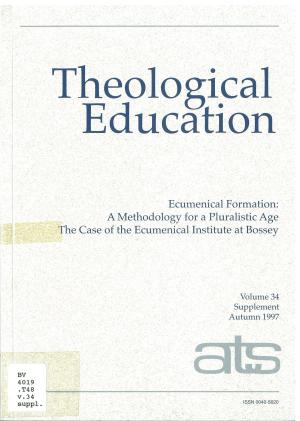
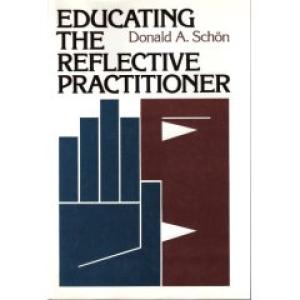
Doctors, architects, lawyers and engineers are all trained in schools that emphasize technique but neglect the key element of artistry that distinguishes the true professional. Today's professional is a drudge, mechanically applying privileged knowledge to rote tasks. That is Schon's diagnosis of higher education, and as a remedy he recommends learning by doing. To teach skills of improvisation and problem-framing, he feels our universities should borrow the methods used in art studios, dance conservatories, athletics coaching, craft appenticeships and psychoanalytic training. In all these settings, a dialogue between student and coach in a low-risk atmosphere encourages creativity. Despite its academic prose, this primer by an MIT urban studies professor will enlighten students, teachers and professionals. Schon concludes the book (a sequel to The Reflective Practitioner with a description of his attempt to create a ``studiolike'' curriculum for MIT's city planning courses. (From the Publisher)
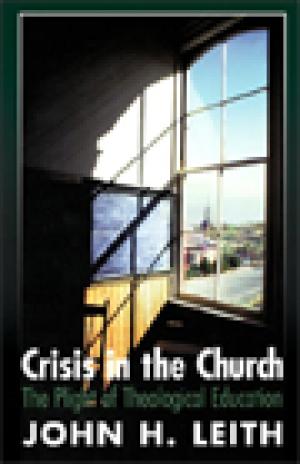
Drawing on his wealth of experience as both a seminary professor and minister, John Leith identifies and confronts the contemporary crisis in theological education. He argues that the crisis in the seminaries is interwoven with the crisis in the church, and that the secularization of educational institutions has led seminaries to move away from their primary responsibility - preparing pastors for ministry. (From the Publisher)
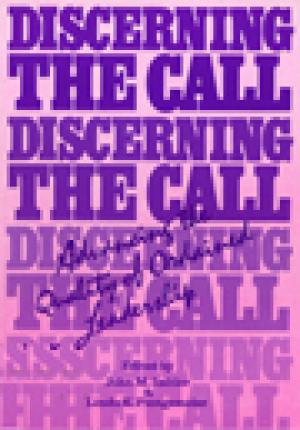
In 1986, 43 percent of Disciples clergy were between fifty and sixty. Where will their replacements come from, and how can we help them recognize and respond to their call? (From the Publisher)
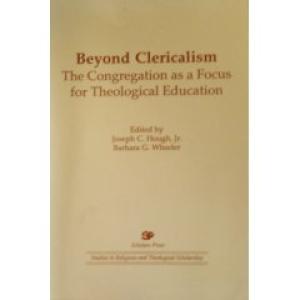
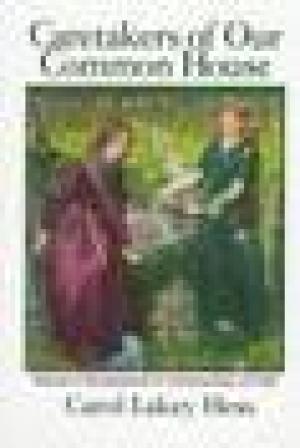
The author provides a provocative description of ways society's institutions have colluded to undermine the full development of women and girls. Relies on Gilligan and Kegan's theories of development; critiques Neibuhr's theology of sacrifice. Weaves biblical stories of women and personal stories into the data and suggests ways that parents, families -- and communities of faith can create environments in which girls and women may find their own voices as expressions of authentic selves. This book is being used by a women's discussion group in an Episcopal parish. Participants find it very provocative and insightful. (From the Publisher)